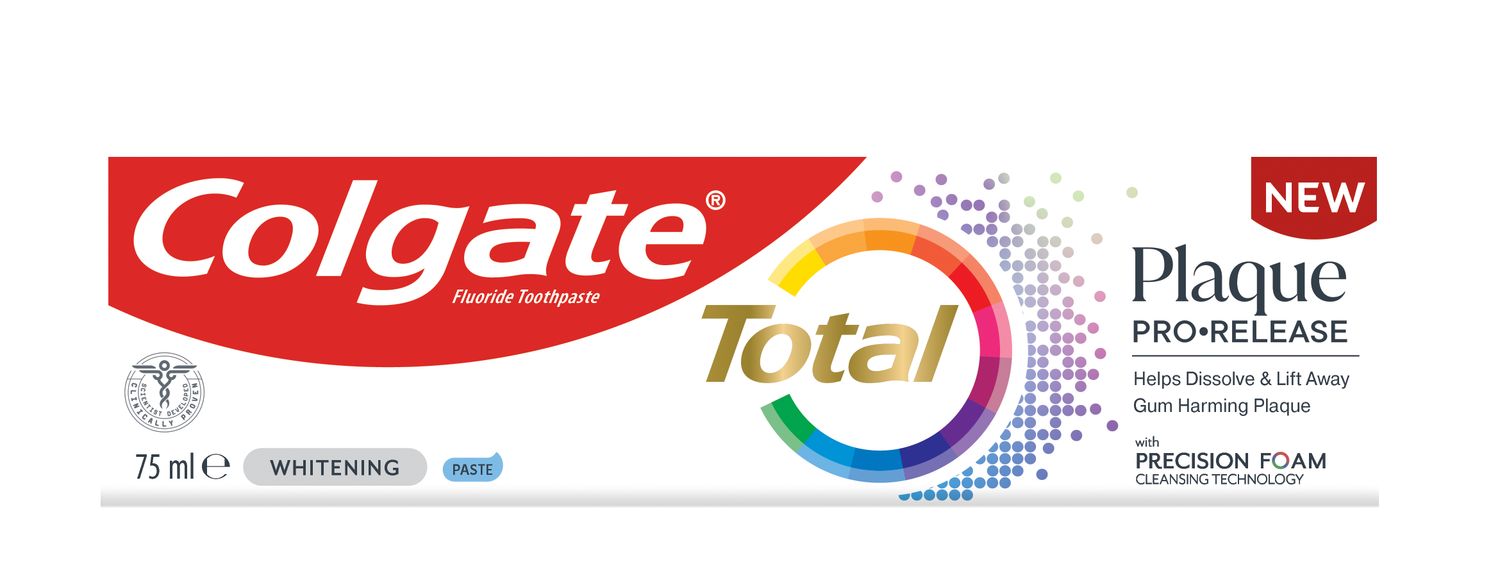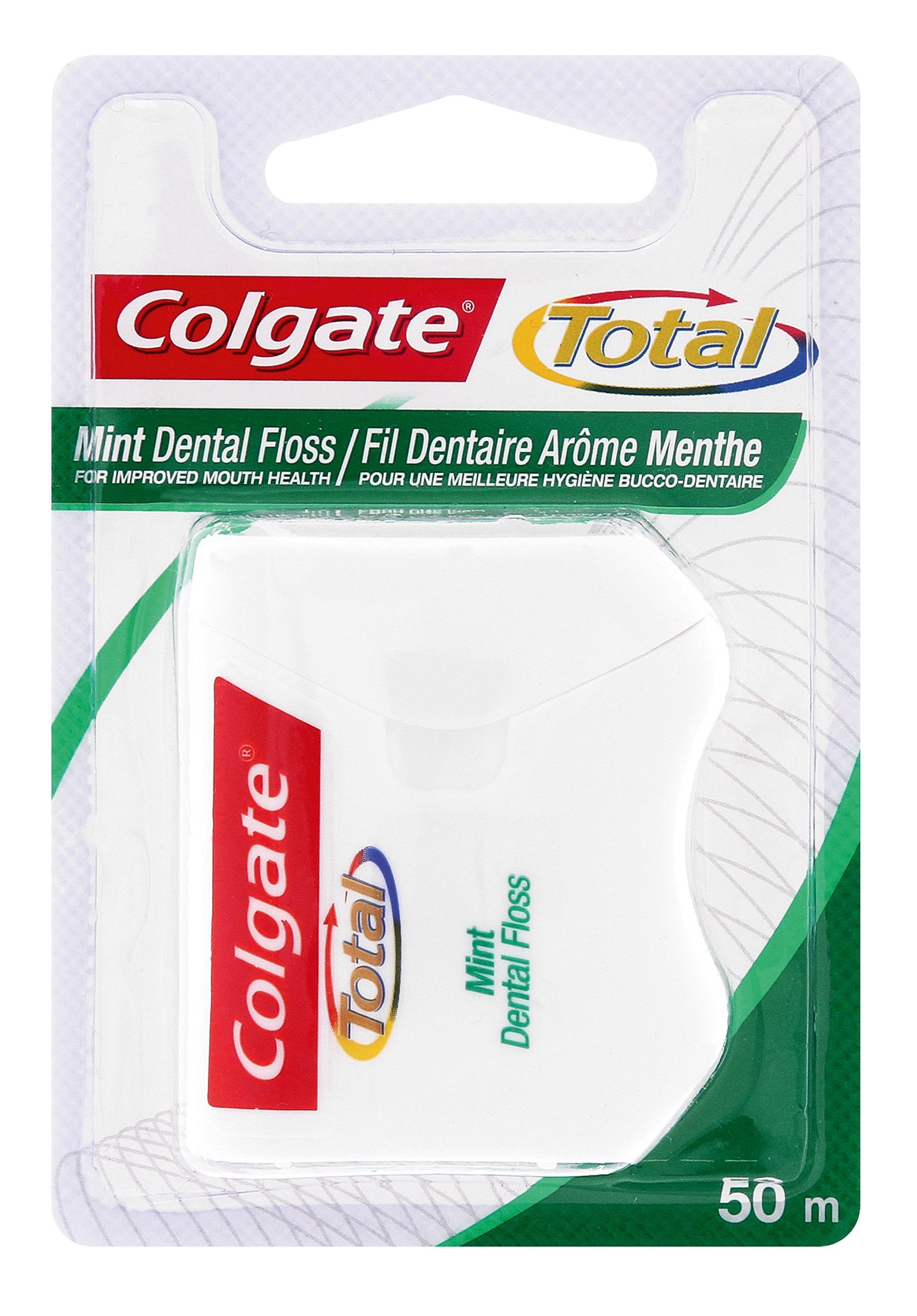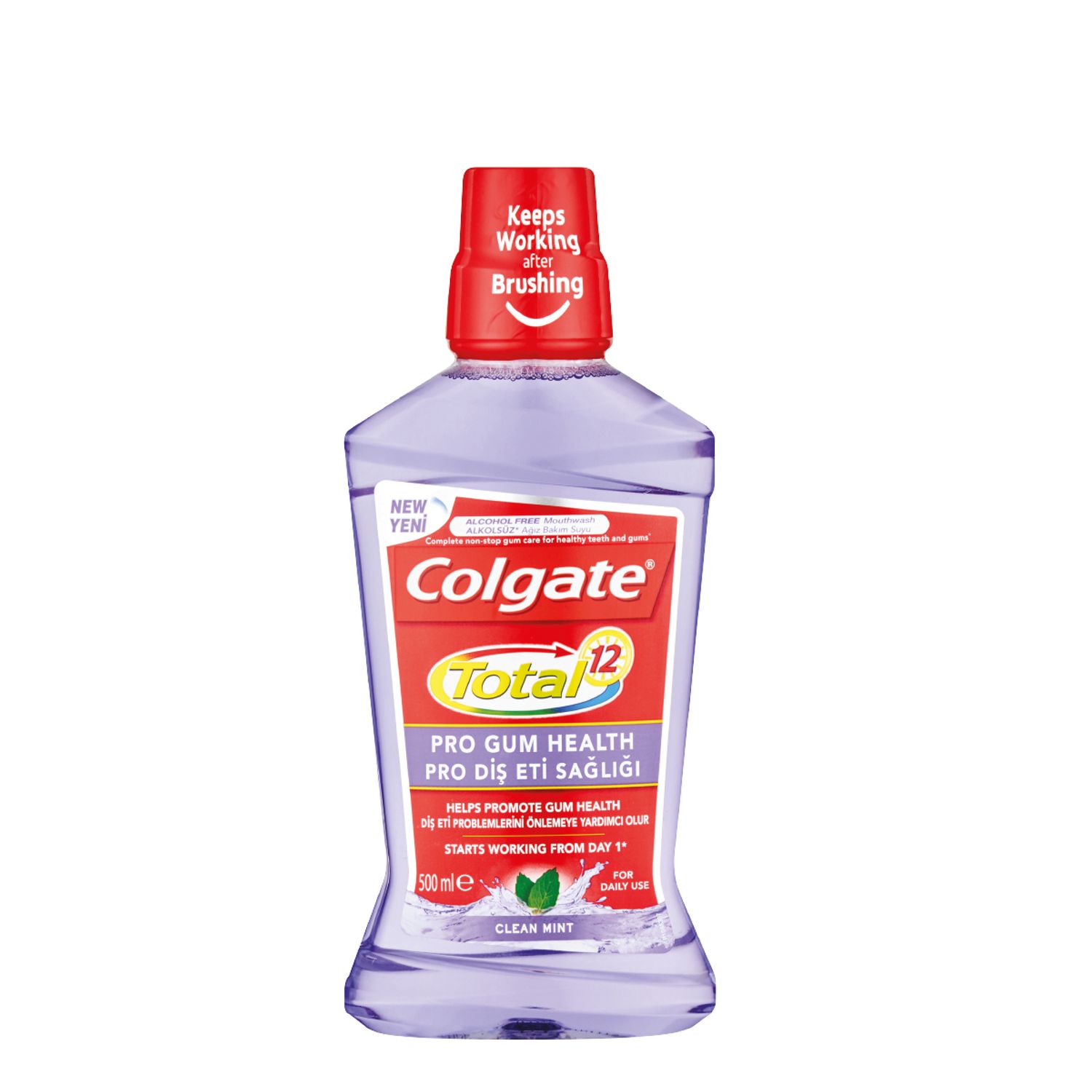-
-

CAVITIES
Can You Heal A Cavity At Home?You feel a sharp pain when you bite down or try to eat. You think it's a cavity, but you're not 100 percent sure...

BAD BREATH
How To Cure Bad BreathMore commonly known as bad breath, halitosis is an embarrassing hygiene issue that nobody wants, but some of us get every now and then...
-
Science & Innovation
- Colgate® | Toothpaste, Toothbrushes & Oral Care Resources
- Oral Health
- What Root Canals Cost and Why the Cost Varies


If you have ever experienced tooth pain, you will know it can hurt your wallet too. Emergency dental care is expensive. As such, regular oral check-ups (at least twice a year) are recommended to head off any potential problems. If, however, your sore tooth requires a root canal, don't let the high price tag catch you off guard. Read on for a general rundown on the cost of root canals and why the price tag may vary based on a few factors.
Location, Location, Location
The amount your dentist charges for a root canal can vary greatly. Why the big discrepancy in price? According to the American Association of Endodontists, one of the main factors is the location of the tooth that needs to be repaired. If your cavity is on one of your front teeth, it will cost less. That's because front teeth only have one root, whereas molars can have up to three. More than one root means more work for your dentist and ultimately, a higher cost.
The region of the country in which you live may also determine the cost.
Sooner Rather Than Later
Another factor in the cost of root canals is how severe the cavity is and what needs to be done to repair the infected tooth. If you visit the dentist as soon as you notice sensitivity, the infection probably won't be as extensive and it will be easier for the dentist to drill, access and fill the cavity. If, however, you drag your feet and wait before making an appointment, the infection may become more severe. What could have been easily fixed with a filling might actually need a crown, which can hike up your final bill. If your tooth infection is so severe that it requires extraction, that would entail the highest cost of all; not only will you pay for the extraction, but the repair and an implant or bridge as well.
Retreatment for Past Root Canals
Finally, if you have an infection in a tooth that has already had a root canal, the procedure becomes a little more extensive. While your dentist will still need to drill to access the infected areas, you'll likely require a crown, even if you only had a filling before. This might explain why your bill is higher, even if it's the same tooth you have had trouble with before. To avoid this situation, adopt good oral hygiene habits and brush with a fluoride toothpaste that cleans teeth thoroughly and helps protect them against cavities. This will help strengthen enamel and replenish natural calcium.
If you don't have dental insurance and you're worried about the cost of a root canal, talk to your dentist. He or she may be able to extend a special discount if you pay upfront or offer a payment plan to help ease some of the pain when it comes time to pay your bill. In the end, any ethical dentist would much rather you make an appointment and seek treatment, no matter the cost. That's because, while it may seem expensive, root canals cost more the longer you wait. Let your dentist know your worries ahead of time and it's likely you can work out a solution for payment and get the root canal you need.
Related Products

Helping dental professionals
More professionals across the world trust Colgate. Find resources, products, and information to give your patients a healthier future










